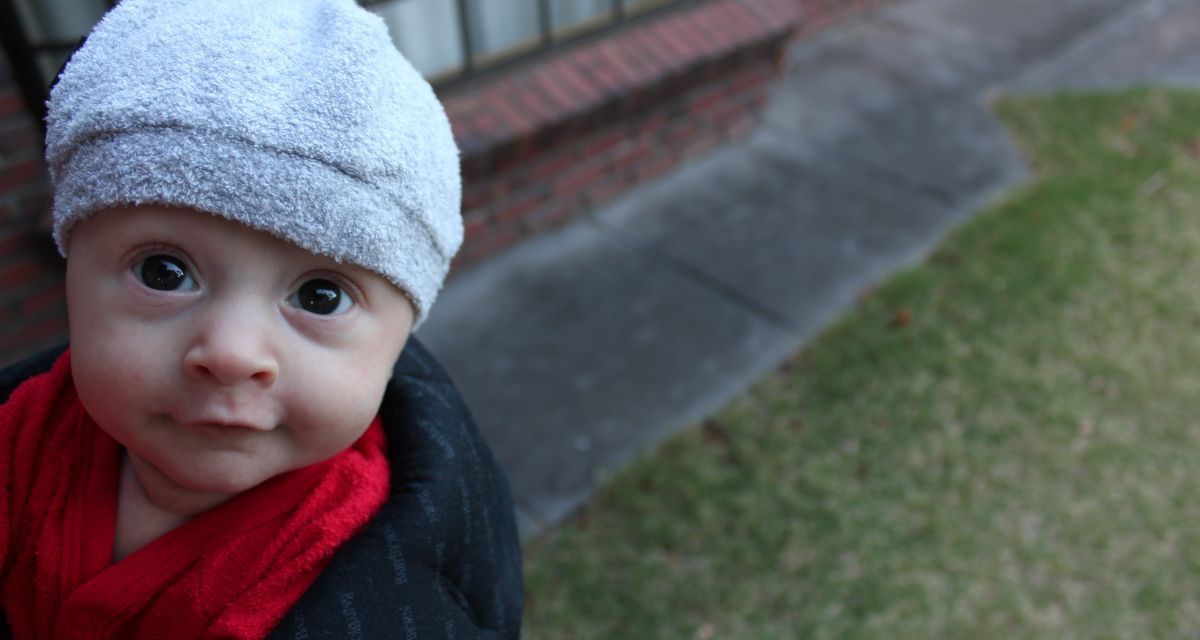BANDURA'S BOBODOLL EXPERIMENT

BANDURA'S BOBO DOLL | 1961
Albert Bandura's social learning theory emphasises the role of observation and modelling in shaping young children's behaviour. According to Bandura, children learn through observing the behaviour of others in their social context, particularly their significant caregivers.
Research has shown that infants are active learners, capable of contributing to their learning environment. Infants observe the behaviour of their parents and other significant caregivers and learn from these observations about how to interact with others in their social world. This observation and modelling process is critical in shaping young children's behaviour and socialisation skills.
Emotional regulation is also underpinned by how infants learn to socialise. If they observe their significant caregivers displaying aggressive behaviour, they are more likely to adopt these behaviours as normative. Conversely, if they observe their significant caregivers displaying empathy and kindness, they are more likely to adopt these behaviours as normative.
An example of this is observed in Bandura's famous Bobo doll experiment, in which an adult demonstrated two different ways of interacting with an inflatable clown doll. In one scenario, the adult displayed aggressive behaviour towards the doll, while in the other scenario, the adult displayed empathetic and kind behaviour towards the doll. The young children in the experiment then replicated the behaviour they observed, with those who followed the aggressive behaviour being more likely to display aggressive behaviour towards the doll.
Bandura's social learning theory highlights the importance of social interactions and observation in shaping young children's behaviour and socialisation skills. By observing and modelling positive behaviour, significant caregivers can help infants develop positive socialisation skills that serve them well.
Bandura, A. (1977). Social learning theory. Englewood Cliffs, NJ: Prentice-Hall.
Bandura, A., Ross, D., & Ross, S. A. (1961). Transmission of aggression through imitation of aggressive models. Journal of Abnormal and Social Psychology, 63(3), 575–582.
Copyright![]() Ameliorate Matrescene 2023 | All rights reserved
Ameliorate Matrescene 2023 | All rights reserved
Share this article
Get a curated guide to the most important and interesting news, tips and exclusive offers sent straight to your inbox with our weekly Stellarcast Newsletter

